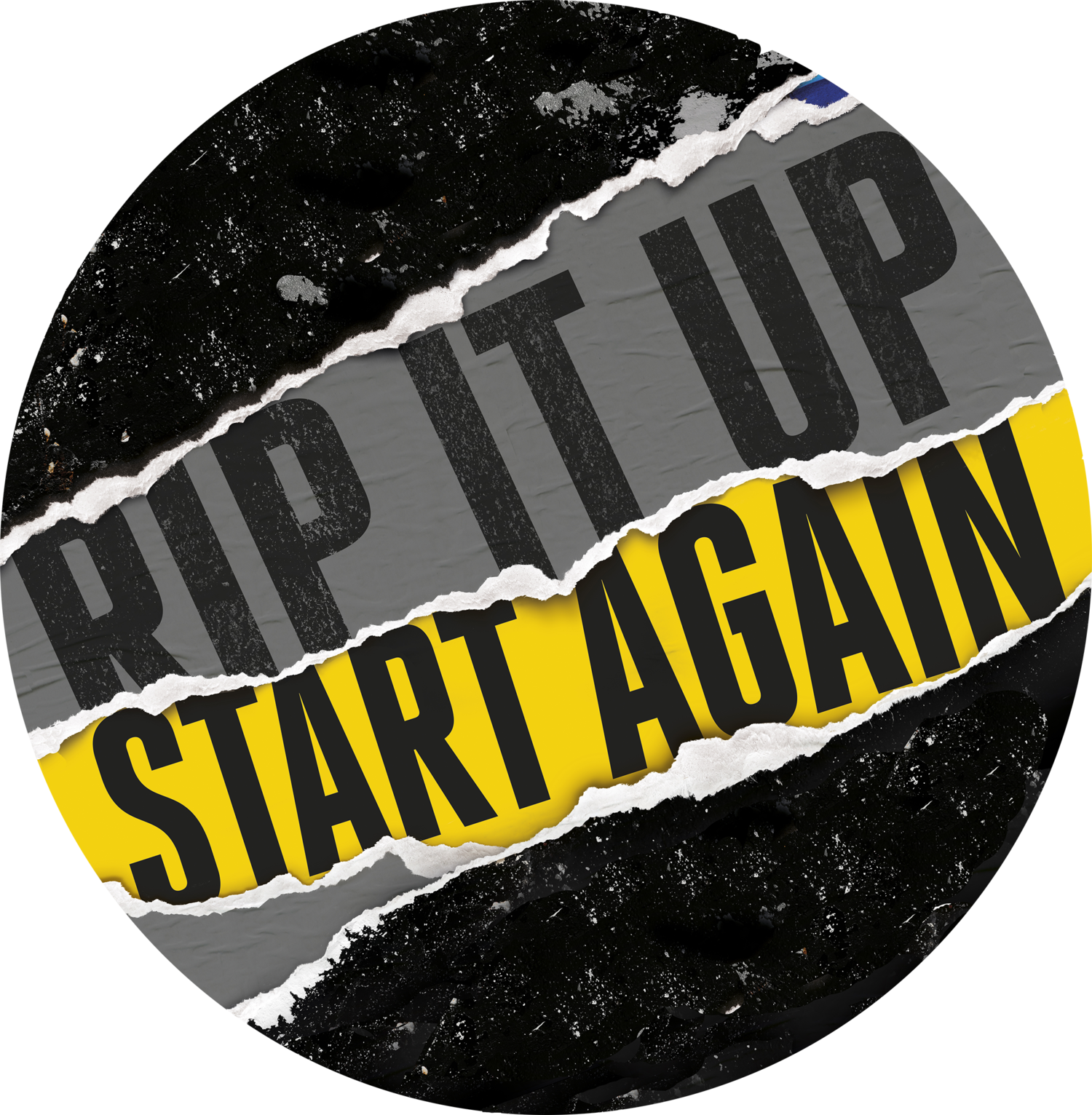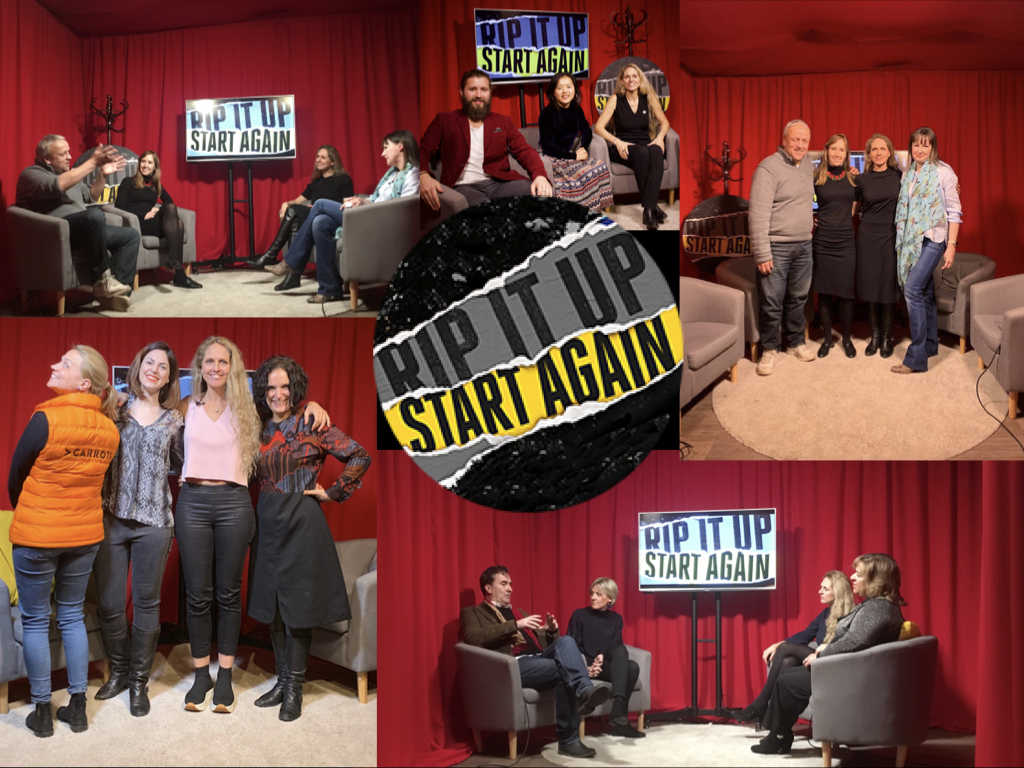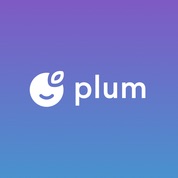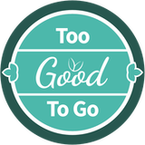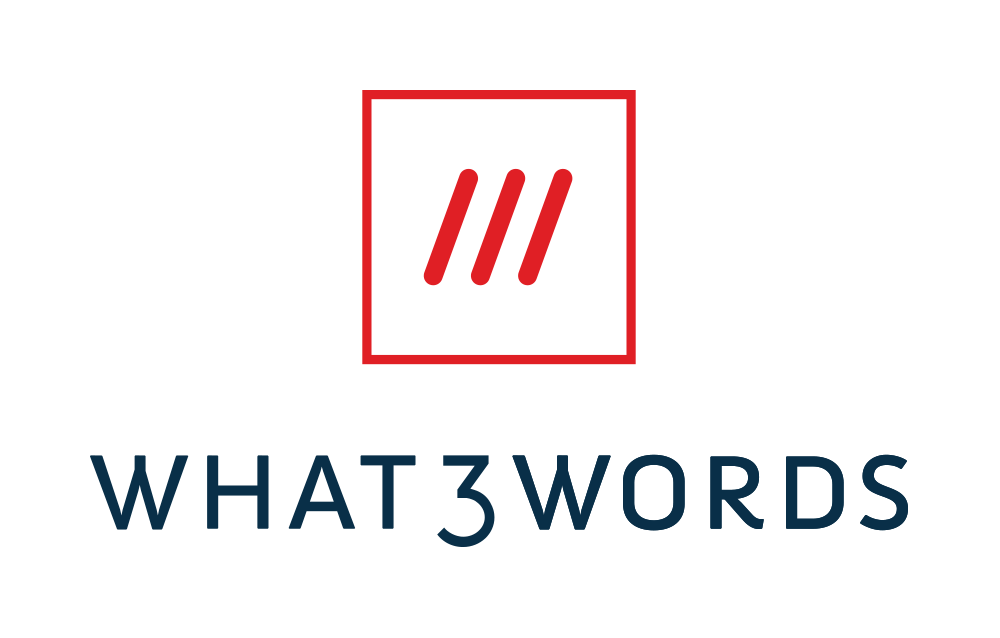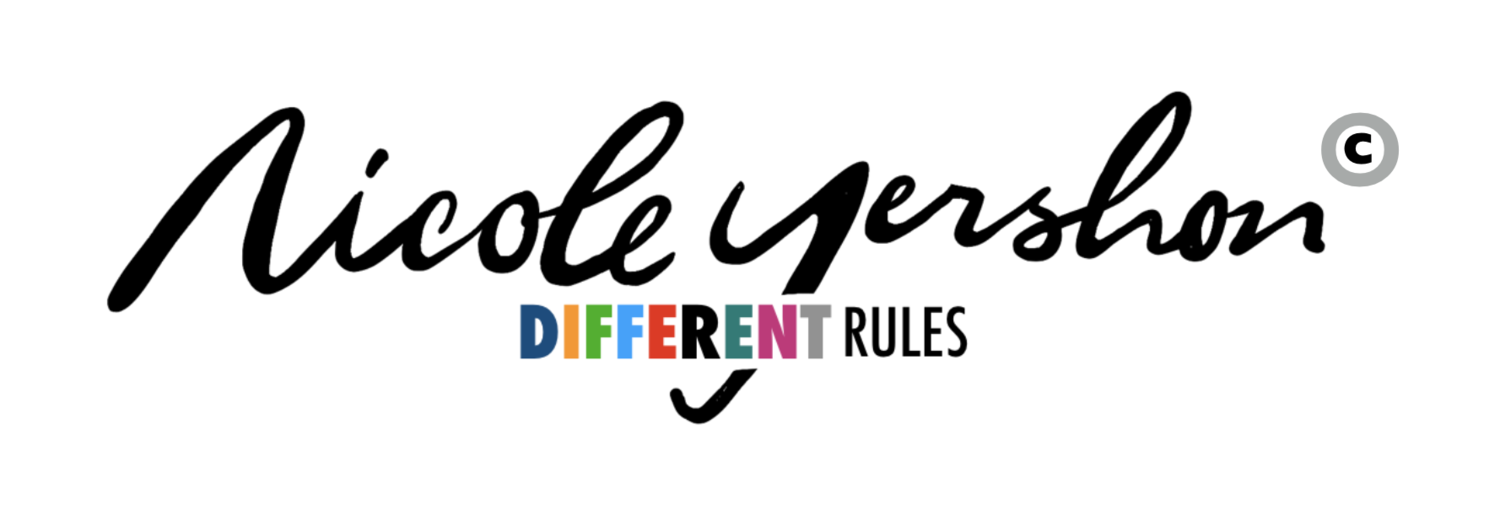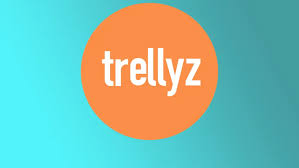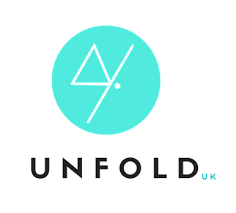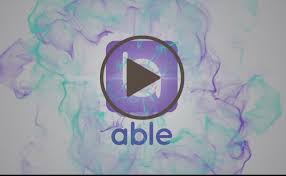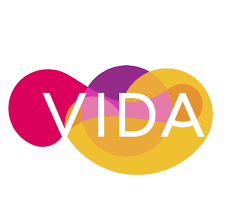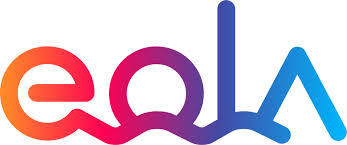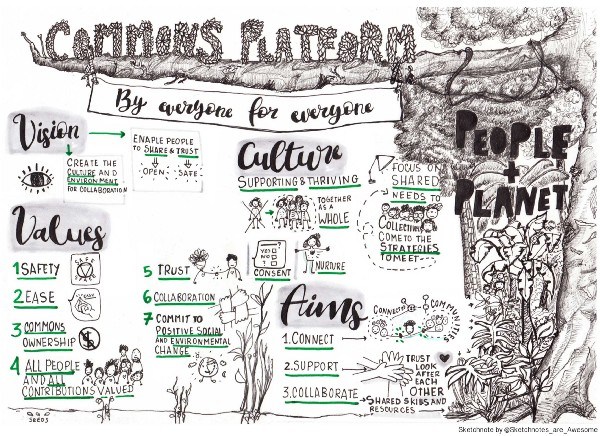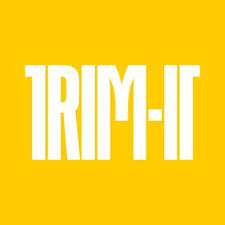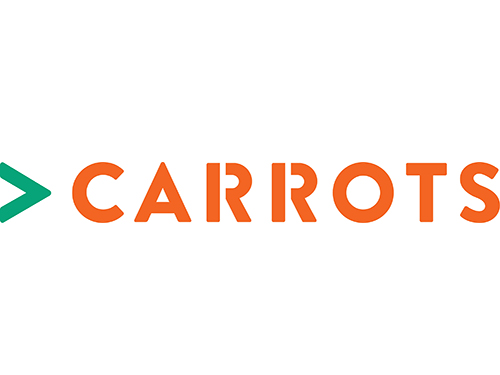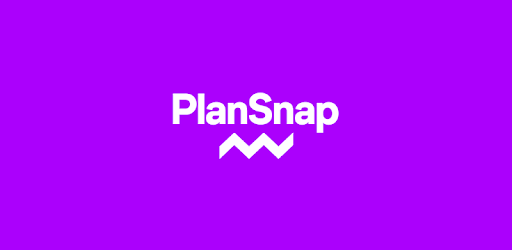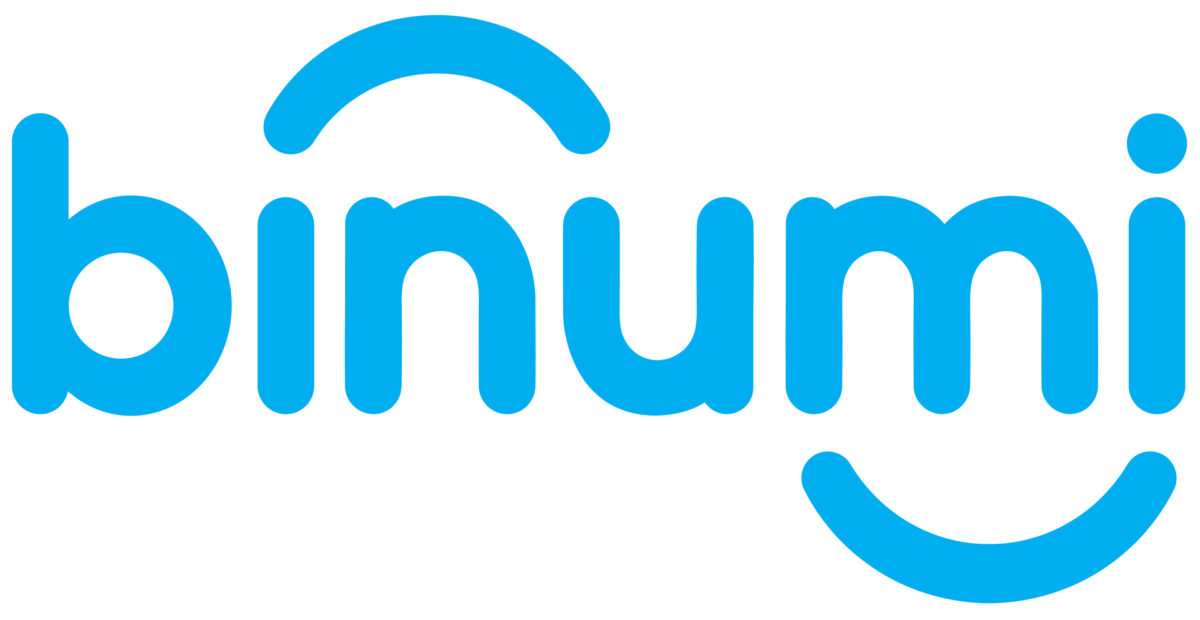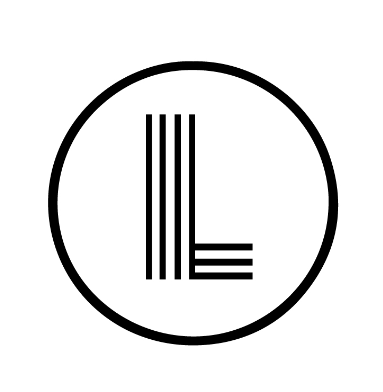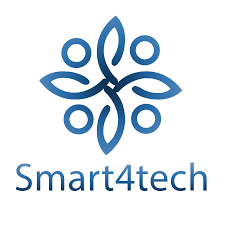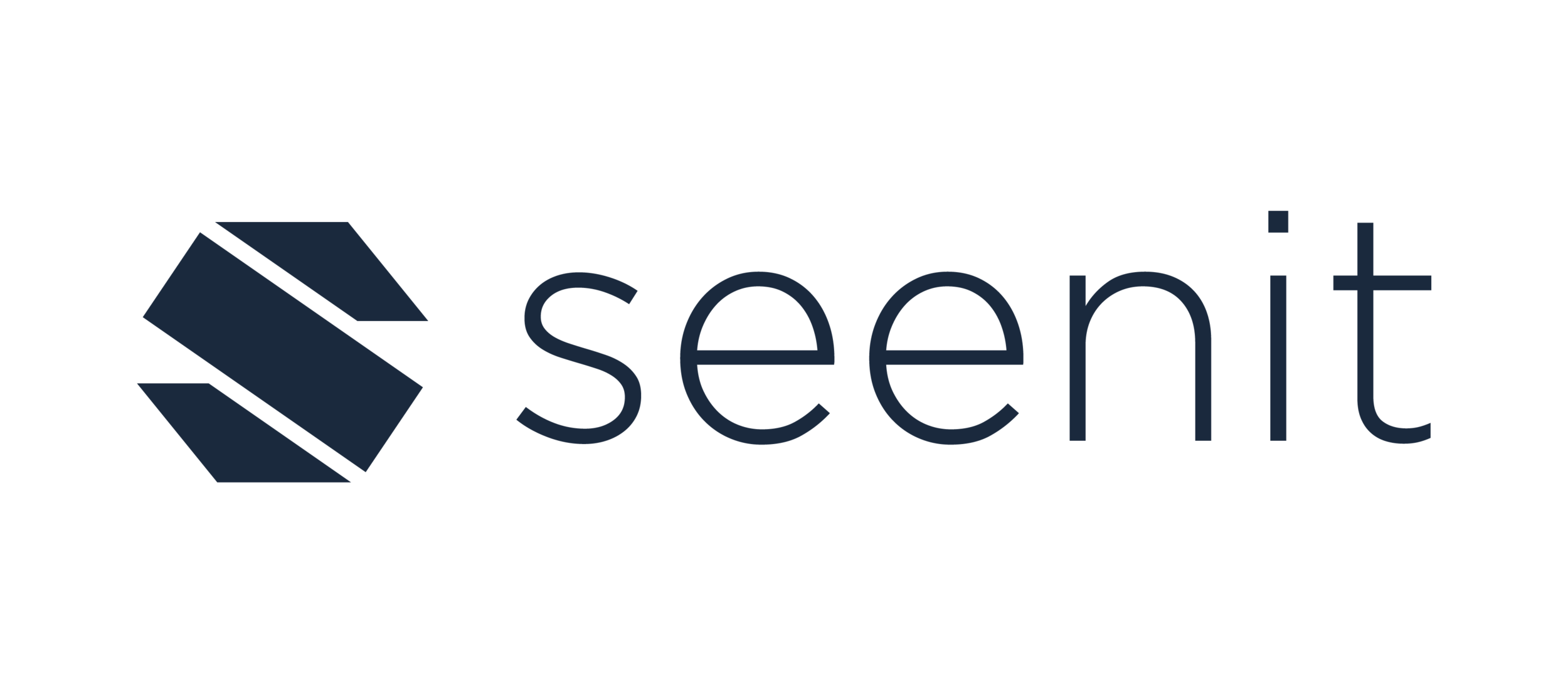Round 13: Levell | AEYSHA | TabCare
/Rip It Up, Start Again have partnered with Disruptive.Live to bring you disruptor stories from some of the most exciting startups. Hosted by Lulu Laidlaw-Smith, this televised event includes a series of five-minute overview and backstory from entrepreneurs followed by an interactive Q&A.
SPEAKER #1 Vasu Sarin | TabCare
Vasu is the founder of TabCare, a remote care startup focusing on the social care space that he began back in 2017 whilst he was in university. His desire to get involved in the care industry went back to 2015 when his grandmother suffered a fall outside her home, putting him in a position where he was constantly worried that something else was going to happen to her and nobody would be around to help. He tried getting her pendant style panic alarms, the traditional method for older people, but quickly found that she didn’t feel comfortable wearing it. She thought it was irritating and made her look ‘old’, not something she wanted to be reminded of after already suffering an injury. Wanting to find a way to make sure his grandmother was safe, but also comfortable, Vasu decided to journey into the world of remote social care, eventually creating TabCare, an app that integrates with phones, smart watches and even smart home tech like Google Home. This means that users can adopt the remote home care to any device they already own, not needing to purchase something bulky or expensive that they didn’t want in the first place. TabCare has been live since April 2019 and continuing to grow, rolling out to three councils over the next three months. Find out more at https://www.tab.care/.
SPEAKER #2 Aeysha Ahmed | AEYSHA
When Aeysha was a teenager, she wanted nothing more than to fit in with the other girls in her school and wear exciting nail polish whenever she had the chance. She loved the idea of experimenting with colours and styles, being able to express herself. For a young Muslim girl like herself, however, it was never possible due to the way traditional nail polishes are made. Because of their ingredients, nail polish doesn’t allow for water to pass through, acting like a barrier. For Muslims who wish to practice certain cleansing rituals during prayer, this becomes an issue, one that violates their religion. Aeysha used this desire to express herself and help other Muslim women by creating her own formula, one that allows the water to pass through the layer of polish, meaning she is still permitted to perform her prayers without problem. Having sampled hundreds of iterations and designs and surveying hundreds of women for their feedback, her company is developing an even better version of the polish that be longer lasting than before. Find out more at https://aeysha.co.uk/.
SPEAKER #3 Madelein Evans | Levell
Madelein is the founder of Levell, a company that is helping companies better understand their employees and the environments that make them the most successful. Back in 2017, Madelein hit a wall — her job was no longer providing her with any satisfaction, her values didn’t seem to be lining up with those of the company, and all the projects she was previously invested in, weren’t panning out the way she thought they should be. She was officially over it, and something needed to change. She decided to quit, and after a messy breakup with her company, she found herself accepted into an incubator called Zinc. This was her chance to focus on research, digging deep into information and learning about the things that she knew were her passions. Mental health became her priority, and she was seeing things like exhaustion and burnout as some of the main causes of distress for employees in the workplace. It began to click with her that maybe what she had been feeling was just that, chronic stress and burnout. Levell’s research has shown that nearly 40% of people in the US and the UK show signs of burnout, and Madelein believes it has a lot to do with self-management and awareness. Find out more at https://www.levell.io/.
Q&A HIGHLIGHTS
On problems solved...
Madelein Evans: “The symptoms of chronic stress, exhaustion, and burn out, which are triggers of both anxiety, depression, and problems like drinking, pain, as well as low productivity and performance, we’re solving that not by addressing those as symptoms, but actually addressing the root causes. And so what’s really interesting, and I mentioned this a little bit earlier, but when you actually go into the psychology of what creates stress, and the physiology — and psychology of what creates burnout — the physiology of what happens during chronic stress, and what happens during burnout, is both these things have to do with what we call ‘advance and resource imbalance’ and also a perception of safety or threat.”
Aeysha Ahmed: “Although my product is primarily for Muslim women, I wanted to integrate features that accommodate other marginalized women. So it’s non-toxic, it can be worn during pregnancy. If someone’s receiving chemotherapy or radiotherapy, their nails are going to be hyper-sensitized, so we have removed all toxic ingredients that could potentially cause irritation and also, with the current iteration of the nail polish that I have, it can be removed without acetone. The problem I believe I’m solving is there are a lot of women, not generic, we are very diverse in the roles we play, we have a mosaic of a life, we go through different stages. The products that we have to cater for us don’t always consider that because the heads of the cosmetic industry are all men. They’ve never lived the experience of a woman. So I think the problem I’m solving is providing a voice and intelligently designed products for women who are diverse, have different stages in their life, and need something to keep up with them.”
Vasu Sarin: “Within social care, right now what occurs in terms of remote care and tele-care, is that an individual, we give them a traditional panic alarm they put around their neck, kind of like a little bit of a necklace, they’ll then press it if there’s a problem. It’ll then go to a call centre, they’ll see it on a panel, call them up, see what’s happening, have a conversation with them, see what’s going on. They’ll then make a decision what to do, then let family know. This entire process takes around five minutes and on occurrence, people don’t wear these alarms, so you know, you just lose the benefit of them. I think the three biggest issues in terms of wearing them, is one, people have to remember to charge them because they’re only made for that purpose so they’re not like a fashion statement that someone can kind of get around their heads to wear or something they’ve opted to choose. This is something that either their family has forced upon them or that someone, for example a doctor, has said, ‘I think this is a good if you have this, if there’s a problem, you can be helped.’ Adoption is high, usability is low, so they don’t end up using it after they’ve adopted the technology.”
On trust...
Madelein Evans: “So what’s really interesting, if you’re thinking about the problem that we’re solving, right, the starting point is this issue of stress exhaustion, burnout. What we need to do is effectively integrate our ability to achieve while being in performance together and what a lot of people might use that term might be life balance, right. Kind of balancing work and life, balancing demands resource, what I’m taking, what I’m giving. So first step, problem: helping people become more aware. And that’s not just, ‘How do I help myself become more aware?’…We use mood stress energy and motivation as key lenses for, kind of, investigation so I’m feeling this, why is that? But then also enabling other people to learn that about you and of course that can be done in a way in which that’s just face to face.”
Aeysha Ahmed: “Muslim women need to feel assured that they will be able to fulfill their spiritual requirements whilst wearing it and, in fact, the people who initially designed permeable nail polishes were from polish labs who wanted to create a product that was more healthy for the nails because they just wanted to create a product that was healthier. Even though it’s relevant towards Muslim women, and they were pushing it discreetly towards Muslim women, they were never really addressing the relationship between their product and this demographic who are responsible for these companies’ growth."
Vasu Sarin: “So we kind of took the approach, in the product side, that we didn’t want to launch until we were confident in what we could provide to the customer. And obviously confidence, and I guess trust, is a bit thing. It can take ages to get, but it can be gone like [snaps fingers]. So we went down the route of looking at how councils operate and how the broader industry operates to guarantee that what we’re providing is actually what people require and it’s the quality that’s required. So there’s two kind of frameworks we had companies audit towards so QSF, Quality Standards Framework by the TEC, Technology Enabled Care Alliance where they come in, it’s around a two to three month process. They look through the entire company, they understand what you’re saying, how you’re providing that kind of service is smooth for the customer as well and to understand if what you’re saying is what it is."
On scaling up…
Madelein Evans: “Long-term ecosystem, short term we’re targeting work, where is the kind of immediate need and insight we can sell and build revenues from that. So we’re targeting leaders of organisations that can be OPs, MD, CEO, or can be HR who have kind of the stewardship role or they care about employee well-being but they’re beholden to driving KPIs for organizational performance as well and they are personally struggling with the values conflict of how to reconcile these things.”
Aeysha Ahmed: “Starting off in a country where I’m serving minority populations, it’s a really good beachhead market but there’s also like, I’d say like any country where my market is a minority population, that would be the immediately addressable market. When I plan to scale to go to wider markets, for example the Middle East, Singapore, Malaysia, just East, East Asia is really ideal.”
Vasu Sarin: “There’s around a three billion pound per year hole within the NHS in terms of bed blocking. So bed blocking kind of implies people who can be discharged from hospital aren’t being because there’s no either social care available or there’s nowhere for them to go. And that equates to around five hundred and fifty pounds per second over cost to the NHS which is ridiculous but yeah, in a way, we kind of tried…potentially, our product can fill that hole.”
On change…
Madelein Evans: “Honestly, it’s managing the processes, the process of managing a start-up. So no full pivots but I think as personally, also being an entrepreneur coming off a stage of really low self-confidence, I did struggle in the beginning. I always believed this was possible but just the confidence and kind of going after it and how to go after it and with whom and with what speed.”
Aeysha Ahmed: “I think of the reasons early entrepreneurs have problems pivoting is that they fall in love with that idea and I think over the year and a half I’ve been working on my product, I’ve consciously distanced myself from the product but always kept a really good relationship with the problem and being aware of the problem and I think pivoting is in response to problems. I think you need to have a conscious method of how you process your problems. Sometimes you can over problematize and I think we need to pivot when we don’t. Sometimes we are ignorant.”
Vasu Sarin: “In terms of the way I like to manage, I always think intelligence is like a resource, and if anyone, any leader, anyone who’s managing assumes they are the one to deliver that intelligence, they are heavily mistaken. Everyone has a different value set and a different way to provide that value set, and it’s about making sure it’s managed effectively with it within the working environment and that’s the only way to alter pivot effectively so we pivoted stupid amounts of times.”
